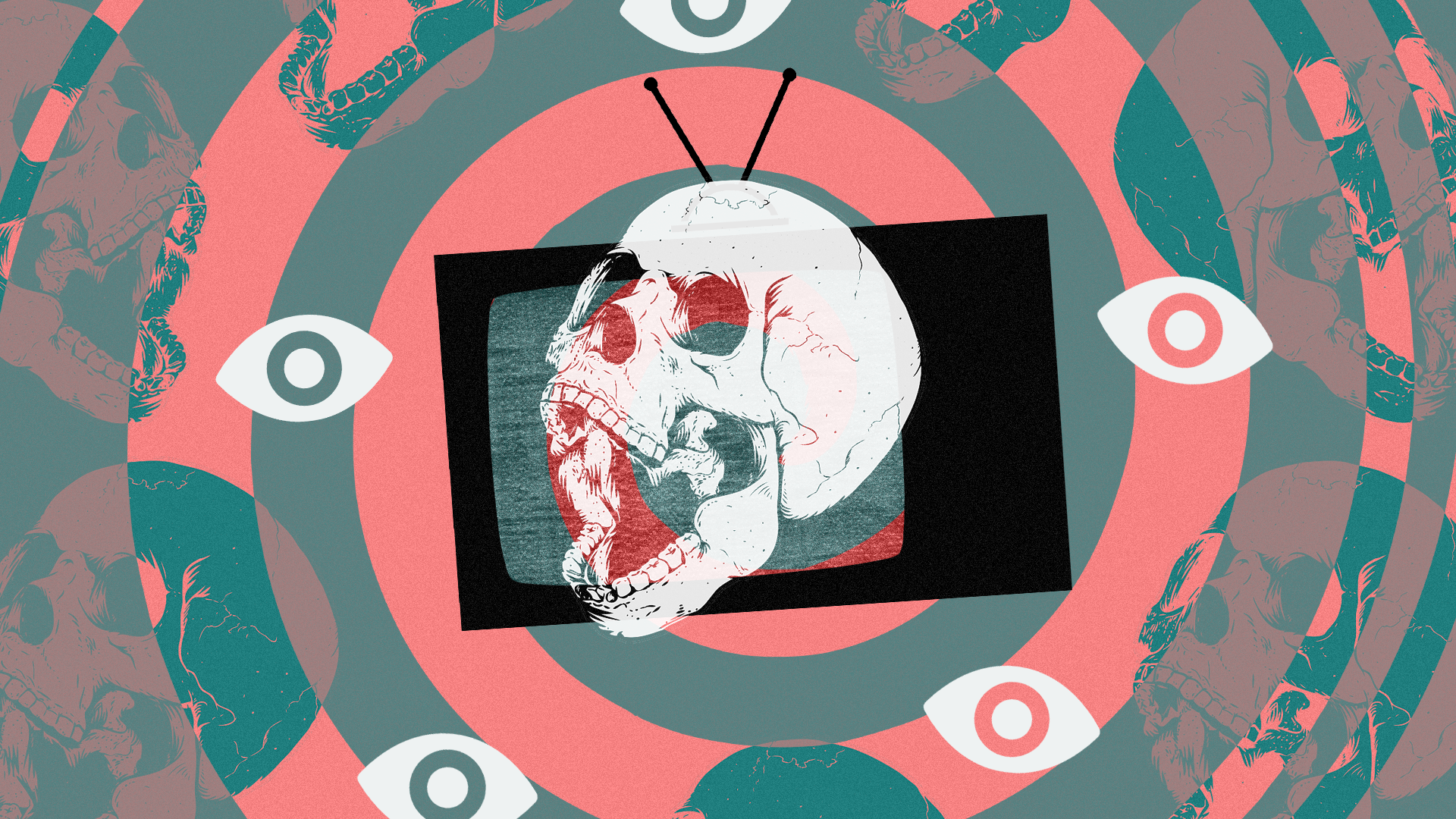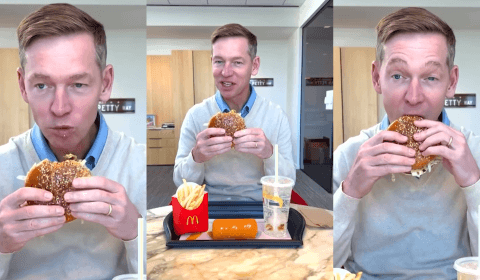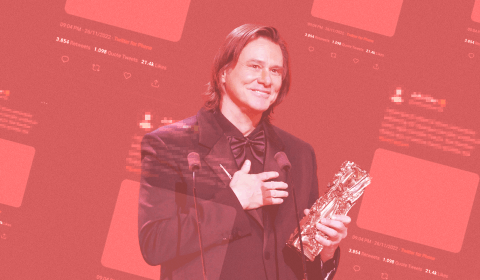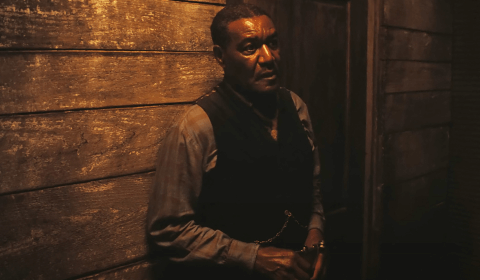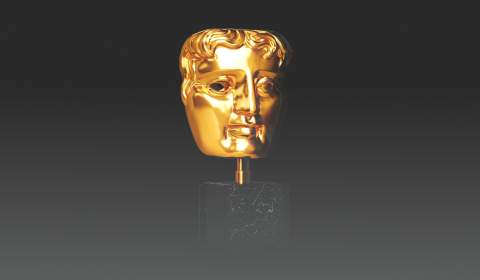X Factor star Lucy Spraggan has spoken publicly about her experience on the reality show, describing it as an ‘abusive relationship.’
Reality TV has been divisive for about as long as it’s been on air.
Whether you love it or hate it, these shows continue to pull in ratings, luring hordes of wannabe-stars who are ill-prepared for the complexities of fame.
Lucy Spraggan, a former X Factor contestant who found overnight stardom in 2012 (when the show was at its peak), has spoken out for the first time about her experience on the show.
Only 20-years-old at the time, Spraggan left the competition early citing an illness. But she now says her abrupt exit was due to a far darker reality – Spraggan was raped by a member of hotel staff a few weeks into the live shows.
Her story is harrowing, but Spraggan has broken the anonymity legally granted to survivors of sexual assault in order to warn others of reality TV’s dangers.
Show executives had moved Spraggan to the hotel in which she was attacked, away from the glamorous Corinthia hotel where other contestants were guarded by 24-hour security.
Spraggan alleges that the reason she was relocated – along with fellow contestant Rylan Clark – was because she was deemed a disturbance. Both Clark and Spraggan had a reputation for being party animals.
While the lax security offered by the show didn’t directly cause Spraggan’s attack, it highlights a disregard for individuals’ safety in the context of reality TV.
In the years following her attack, Spraggan has described her time on the show as something akin to benign in an ‘abusive relationship.’
‘From the beginning’ she told the BBC, ‘they kind of make you into a caricature of yourself. It’s almost like there’s a storyline written for you.’
Spraggan said the immense pressure contestants were placed under was like nothing she had experienced before. ‘Somebody completely [took] the reins of my life.’
Her attacker – a hotel porter who had offered to help Spraggan up to her room after a night out – pleaded guilty to her attack in 2013 and was sentenced to 10 years in prison.
Despite the severity of her trauma, Spraggan felt that pressure from X Factor execs meant she had to continue with the show. It had been drilled into her, and her peers, that this was the biggest opportunity of her life.
After eventually deciding to leave three weeks into the live shows, Spraggan felt she had to go along with the public narrative X Factor reps had constructed. She says she’s now relieved to be able to tell the truth.
This crucible of pressure, instantaneous fame, lack of emotional support, and the constant narrative of a ‘once-in-a-lifetime’ opportunity creates an environment rife with toxicity.
The same can be seen with other reality TV shows that have enjoyed ballooning success. Take ITV’s Love Island, for example, which has faced consistent criticism for its slack protection of young contestants.
After three individuals linked with the show – Mike Thalassitis, Caroline Flack, and Sophie Gradon – committed suicide between 2020 and 2022, the show promised to better protect individuals from the overnight notoriety and public backlash they would inevitable face.









